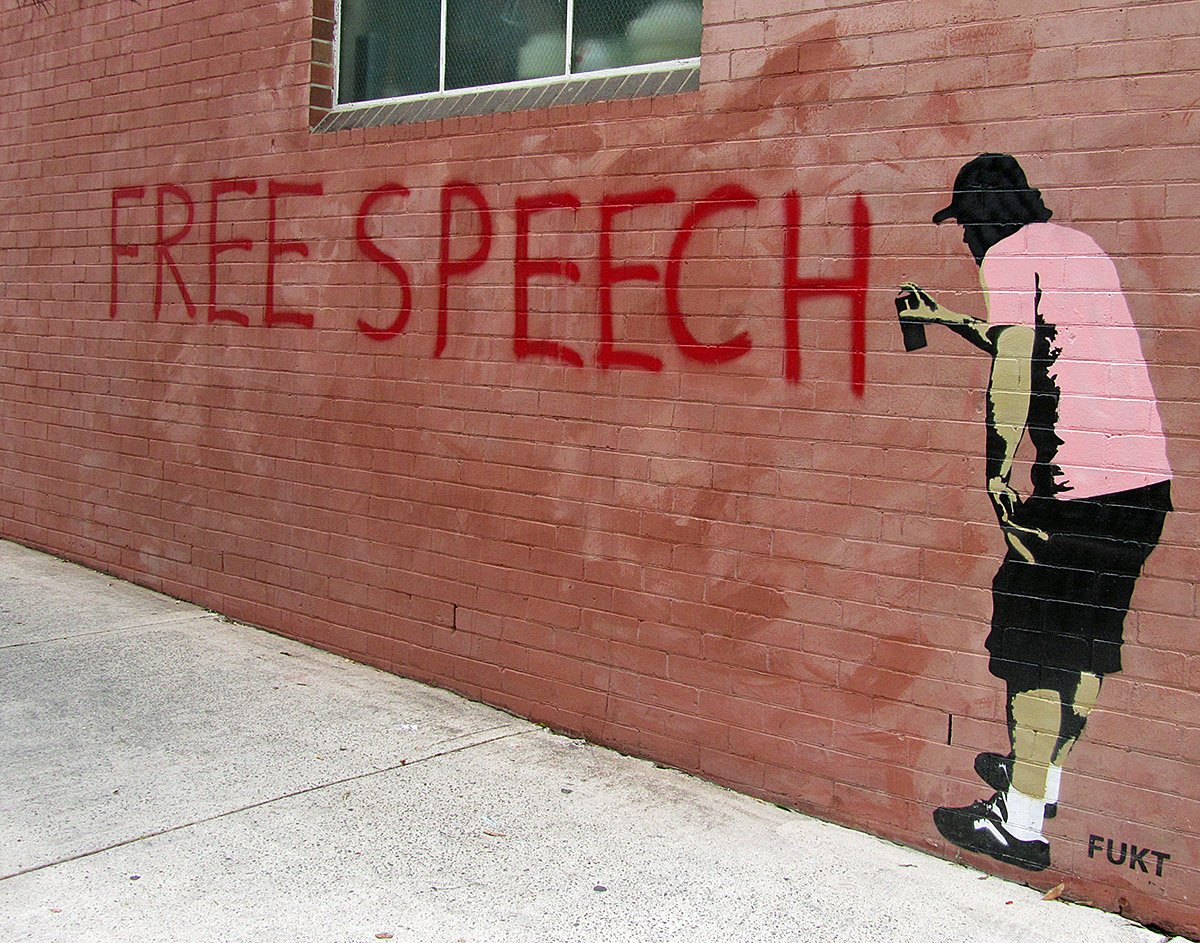Stanford has refused to display Chanel Miller’s quote of choice in the “contemplative garden” at the site of her 2015 assault. The school’s justification: that her words could be triggering to survivors of sexual assault. However, being sensitive to other people’s reactions should not mean restricting potentially harmful speech outright. Instead, the school can ensure the student body knows about the plaque, effectively acting as a trigger warning so individuals who may be affected don’t enter the garden. A simple solution to the administration’s concerns would be a sign at the entrance of the garden informing visitors that the garden contains messages about sexual assault.
The administration’s alternate solution sought to replace Miller’s quote, distorting her message. After the university denied her first suggestion, Miller replaced it with “You took away my worth, my privacy, my energy, my time, my safety, my intimacy, my confidence, my own voice, until today.” The university rejected that quote as well, and offered three options, one of which was, “I’m right here, I’m okay, everything’s okay, I’m right here.” While the quote was taken from her victim impact statement, it was stripped of context: Miller had said these words to her sister, hiding the fact that she was anything but okay (comparative literature professor David Palumbo-Liu wrote a more in-depth op-ed about the context of these words.)
Thinking the way our administration does has dangerous consequences for our education. They clearly believe that a warning is insufficient, that the words must be omitted in the first place. By this logic, our museums should not allow art which may have messages about sexual violence, our libraries should refuse to carry books and memoirs which grapple with assault and history courses should avoid discussing triggering topics even if it means the curriculum is incomplete. These forms of learning should not be restricted; instead, a simple fix would be to introduce warnings without erasing the original words.
If the University applies this philosophy beyond the current dispute over Chanel Miller’s plaque, the consequences would be far-reaching. We would be forced to limit conversations about physical violence (think: learning about urban crime) in consideration to those who may have been mugged or assaulted, restrict discussions about conflicts (think: reading “All Quiet on the Western Front”) because veterans may have had traumatic experiences or students may have lost loved ones in wars and refuse to teach about racial hate crimes (think: stories about lynching) because many may be deeply affected by them. The implications of this kind of thinking contradict the ideals of open inquiry all universities are founded upon.
I’m not arguing that we shouldn’t care about experiences that may cause certain words or topics to be triggering; I’m simply noting that the University can take precautions to limit these adverse effects without limiting the ideas themselves.
Moreover, the University’s stance is inconsistent with their past approaches, as they’ve neglected to similarly censor other potentially triggering speech. For example, the University is willing to look past Ben Shapiro’s racist and homophobic statements, allowing him to speak on campus on Thursday. Shapiro has labeled transgender people mentally ill and tweeted that “Arabs like to bomb crap and live in open sewage” (he claims the tweet has been used out of context, and clarified that “Not all Arabs like open sewage and blowing things up. Just Pals [Palestinians] and their allies,” which somehow absolves him of allegations of racism). These statements could easily be triggering for people from marginalized groups who’ve experienced traumatic forms of discrimination or hate crimes.
While the University cannot legally prevent Shapiro from coming to campus, they could easily deter groups from inviting inflammatory speakers by creating more bureaucratic restrictions for requesting speakers, passing on security costs to the club bringing the speaker (when Shapiro visited Berkeley, security cost the university $600,000) or even by taking a public stance on the matter (the University currently has “no stated position,” Student Affairs spokesperson Pat Harris previously told The Daily).
I think Stanford is correct in taking none of these actions; the school presumably expects people who could be triggered by his words not to attend the event. A similar standard should be applied to other speech the administration thinks could be harmful to different groups. When Dinesh D’Souza (a conservative who consistently uses racial slurs) spoke on campus on Feb. 28, Provost Persis Drell and Vice Provost for Student Affairs Susie Brubaker-Cole simply referred to the event as a “challenging discussion” and asked the community to “redouble our own efforts to model the kind of discourse that leads to greater understanding, not division” in a letter to the editor published in The Daily ahead of the event. The administration noted their concerns but allowed the speech to persist; they should do the same with Miller’s words. While I am not equating D’Souza and Shapiro’s hateful speech with Miller’s quotes, the University clearly views them both in opposition to their goal of making students feel safe but chooses to treat them differently (specifically, choosing to censor what I would argue is the less harmful of the two).
If the University can allow explicitly racist speech, why can’t they allow an uplifting quote from a sexual assault survivor? The University either must prove it actually believes its stated standards for censoring speech, or these standards were an excuse crafted to deny Miller’s words a place on campus, a justification to prevent Stanford from confronting the atrocity committed. Either way, the consequences to education are dire.
Contact Sajan Mehrotra at sajansm ‘at’ stanford.edu.
